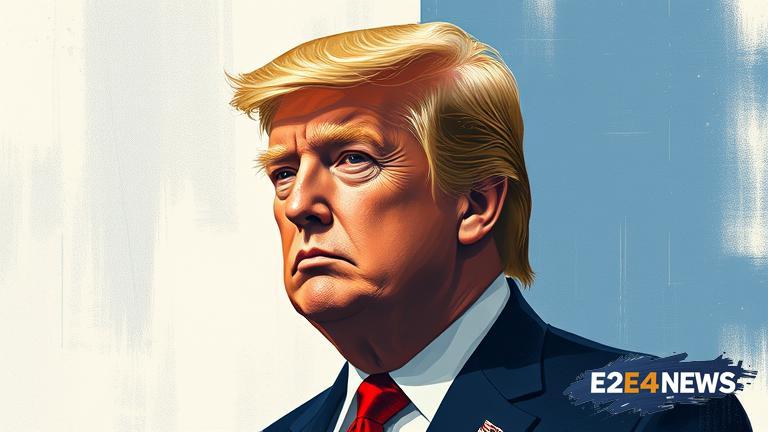The Trump administration has recently made its stance clear on the ongoing debate surrounding artificial intelligence (AI) and copyright law. In a move that has been met with both praise and criticism, the administration has sided with big tech companies, arguing that AI-generated content should not be eligible for copyright protection. This decision has significant implications for the tech industry, as it could potentially limit the liability of companies that use AI to generate content. The debate surrounding AI and copyright law has been ongoing for several years, with many arguing that AI-generated content is not eligible for copyright protection because it is not created by a human. However, others argue that AI-generated content is still a creative work and should be protected by copyright law. The Trump administration’s decision is likely to be met with opposition from creators and artists who rely on copyright law to protect their work. Despite this, the administration’s stance is seen as a win for big tech companies, which have been investing heavily in AI research and development. The use of AI to generate content is becoming increasingly common, with many companies using AI to create music, art, and even news articles. As the use of AI becomes more widespread, the need for clear guidelines on copyright law is becoming increasingly important. The Trump administration’s decision is seen as a step in the right direction, but many argue that more needs to be done to clarify the rules surrounding AI and copyright law. The European Union has already taken steps to address the issue, with the introduction of new copyright laws that specifically address AI-generated content. The US is now under pressure to follow suit, with many calling for clearer guidelines on the use of AI in content creation. The debate surrounding AI and copyright law is complex and multifaceted, with many different stakeholders and interests at play. As the use of AI continues to grow and evolve, it is likely that the debate will only become more heated. The Trump administration’s decision is likely to be just the beginning of a long and complex conversation about the role of AI in content creation and the need for clear guidelines on copyright law. The decision has also sparked concerns about the potential impact on jobs and the creative industry as a whole. Many are worried that the increased use of AI in content creation could lead to job losses and a decline in the quality of creative work. Despite these concerns, the Trump administration’s decision is seen as a necessary step towards embracing the potential of AI and ensuring that the US remains a leader in the tech industry. The administration’s stance is also seen as a reflection of the growing importance of AI in the US economy, with many companies investing heavily in AI research and development. As the debate surrounding AI and copyright law continues to evolve, it is likely that we will see more developments and announcements from the Trump administration and other stakeholders in the coming months and years.
